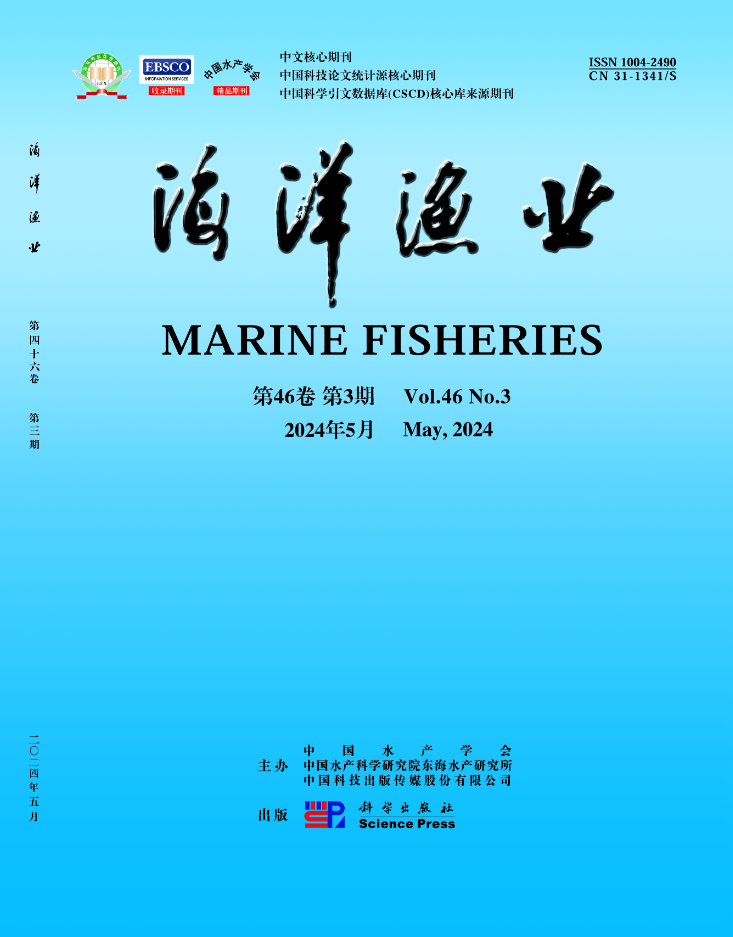Muarareja Fishermen Perceptions on The Prohibition of Arad and Environmentally Friendly Fishing Tool Assistance Programs
引用次数: 0
Abstract
Arad has been prohibited because of its damages to the environment. However, fishers in Muarareja continue to operate the gear even though environmentally friendly fishing gear (traps) have been granted as a substitution. The reason behind the rejection of substitute fishing gear is interesting to be investigated. Therefore, the study aim to 1) analyze fishers' perceptions of arad prohibition, traps, and environmentally friendly fishing gear program; 2) evaluate fishers' perception on policies concerning arad prohibition and fishing gear substitution; and 3) formulate the recommendations. This study involved 35 arad fishers in Muarareja Village who has been granted with traps as substitute fishing gear. Variables in this study are fishers' perceptions on arad and trap, the policy of arad prohibition, and fishers' perception on the environmentally friendly fishing gear program. Data were collected through interviews and questionnaires. Data were analyzed by scoring respondents' answers based on provided statements. The results showed that fishers did not agree that arad is not environmentally friendly, while the trap is. Fishers are also against arad prohibition and refuse to use traps as a replacement. Furthermore, fishers who received traps are still very dependent on arad and use traps only for alternative fishing gear. Recommendations for the policy of arad prohibition are arad should be allowed with special regulation, and further education is required for fishers to understand the correlation between unselective fishing gear and environmental damages. Recommendations for the environmentally friendly fishing gear program are that the provision of traps should be continued with several adjustments following fishermen's preferences.Keywords: Prohibition of arad, environmentally-friendly fishing gear, traps.Muarareja渔民对禁止阿拉德和环保渔具援助计划的看法
阿拉德因其对环境的破坏而被禁止。然而,穆阿拉雷贾的渔民继续使用这种渔具,尽管已授予环境友好型渔具(陷阱)作为替代品。拒绝使用替代渔具的原因值得调查。因此,本研究旨在1)分析渔民对禁渔令、陷阱和环保渔具计划的认知;2)评估渔民对禁渔和渔具替代政策的看法;3)制定建议。这项研究涉及Muarareja村的35名arad渔民,他们获得了陷阱作为替代渔具。本研究的变量包括渔民对渔具和渔具的认知、渔具禁止政策和渔民对环境友好型渔具计划的认知。通过访谈和问卷调查收集数据。根据所提供的陈述,通过对受访者的答案进行评分来分析数据。结果表明,渔民不同意arad是不环保的,而陷阱是环保的。渔民们也反对捕鱼禁令,并拒绝使用陷阱作为替代品。此外,收到陷阱的渔民仍然非常依赖arad,并且只将陷阱用作替代渔具。禁止渔具政策的建议应在特别规定下得到允许,并需要对渔民进行进一步教育,使他们了解非选择性渔具与环境损害之间的关系。关于环境友好型渔具计划的建议是,应继续提供陷阱,并根据渔民的喜好进行若干调整。关键词:禁捕,环保渔具,捕集器。
本文章由计算机程序翻译,如有差异,请以英文原文为准。
求助全文
约1分钟内获得全文
求助全文
来源期刊
自引率
0.00%
发文量
4336
期刊介绍:
“Marine Fisheries”started publication in 1979, it mainly covers original research papers and reviews on basic theories and applications of aquaculture and fisheries, including marine biology, mariculture and reproduction, aquatic diseases and prevention, nutrition and feed of aquatic organisms, fishery ecology and environmental protection, development and conservation of marine fishery resources, fishing tools and methods, preservation and comprehensive utilization of aquatic products, fishery machinery and instruments.

 求助内容:
求助内容: 应助结果提醒方式:
应助结果提醒方式:


